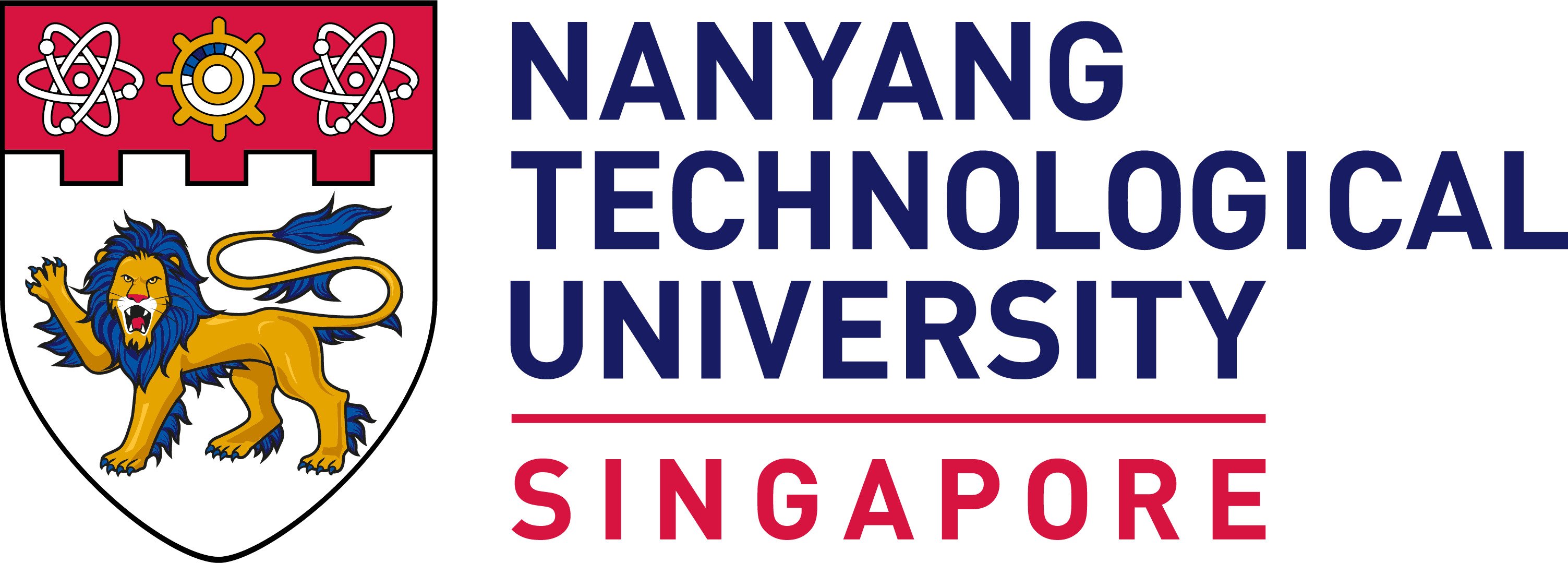Today’s Civil Engineers not only build modern engineering marvels, but they also contribute to the liveability and sustainability of our environment. They improve the living spaces, fight against climate change, provide clean air and water, and ensure efficient urban mobility.

Today’s Civil Engineers not only build modern engineering marvels, but they also contribute to the liveability and sustainability of our environment. They improve the living spaces, fight against climate change, provide clean air and water, and ensure efficient urban mobility.
NTU Civil Engineering programme provides a unique engineering education that prepares students to address the challenges of sustainability in future cities. The programme prepares Civil Engineering students for careers related to Urban Infrastructures & Solutions. The civil engineering courses in the programme can be broadly categorised into Infrastructure Development and Urban Solutions.
Infrastructure development
Examples of courses: Structural Analysis, Project Management & Planning, Engineering Geology & Soil Mechanics, Construction Technology & Processes
Urban solutions
Examples of courses: Civil Engineering & Sustainable Built Environment, Water Resource Engineering, Environmental Engineering, Coastal Engineering, Inland and Coastal Flood Management, Transport Engineering, Highway Engineering
Curriculum also includes Interdisciplinary Collaborative Core (ICC) Courses and Broadening & Deepening Electives.
Besides B.Eng. in Civil Engineering, students can choose to undergo more in-depth study of sustainable urban solutions in our Second Major programme in Society and Urban Systems. This second major programme provides Civil Engineering students with socio-economic and environmental perspectives to prepare them for career pathways related to Urban Planning. Besides additional courses on urban planning, students in this second major will study courses selected from three categories - Urban Economics and Public Policy, Society and Culture, and Water & Environmental Management.
Other Second Majors for Civil Engineering are Business, Data Analytics, and Entrepreneurship (refer to Related Programmes at the bottom of page).
Programme Educational Objectives (PEOs)
The PEOs of Bachelor of Engineering (Civil Engineering) prepare students to:
Be competent and engaged engineering professionals for succeeding in their civil engineering profession;
Possess problem solving, lifelong learning and digital skills for continuing professional development;
Be competent in addressing complex civil engineering problems and to provide economical and sustainable solutions;
Possess effective management and leadership skills within their professional domain; and
Have an entrepreneurial spirit to seize growth opportunities in infrastructure.
Unique Feature
4 years direct honours programme
Accredited and globally recognised programme
20 weeks Professional Internship
Specialisation in Coastal Protection
About NTU Singapore
Young and research intensive, Nanyang Technological University, Singapore (NTU Singapore) has 33,000 undergraduate and postgraduate students in engineering, business, science, humanities, arts, social sciences, education and medicine.
Ranked among the world’s top universities, NTU is home to world-class institutes – the National Institute of Education, S Rajaratnam School of International Studies, Earth Observatory of Singapore, and Singapore Centre for Environmental Life Sciences Engineering.
Besides being reputed as one of the world’s most beautiful campuses, the NTU Smart Campus is a living testbed of tomorrow’s technologies and a model of sustainability, with 95% of its campus buildings Green-Mark certified.
NTU also leads the way in Singapore, with eight Zero-Energy Buildings, the most amongst all organisations in this country.
In addition to its main campus in the western part of Singapore, NTU also has a medical campus in Novena, Singapore’s healthcare district.
Vision & Mission
A great global university founded on science and technology, nurturing leaders and creating societal impact through interdisciplinary education and research.
Equality, Diversity and Inclusion at NTU
NTU believes in building an inclusive campus for its students, staff and faculty where diversity is respected. We strive to create diverse and inclusive environments to achieve a vibrant campus for education and a welcoming workplace for people from all backgrounds.
OneNTU Core Values
NTU has a diverse community of students, employees and alumni with multiple backgrounds and expertise.
The OneNTU core values serve as the compass for all of us at the University, guiding our daily actions and decisions:
© 2025 coursetakers.com All Rights Reserved. Terms and Conditions of use | Privacy Policy